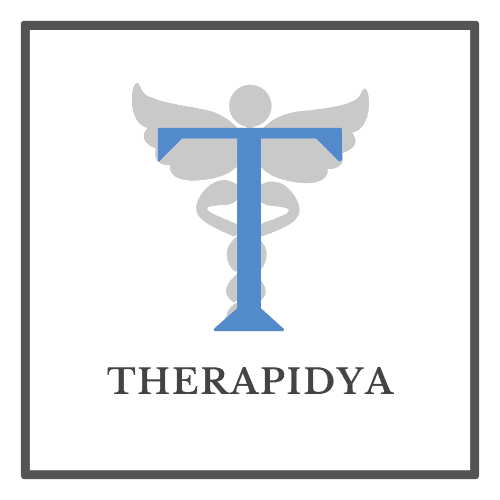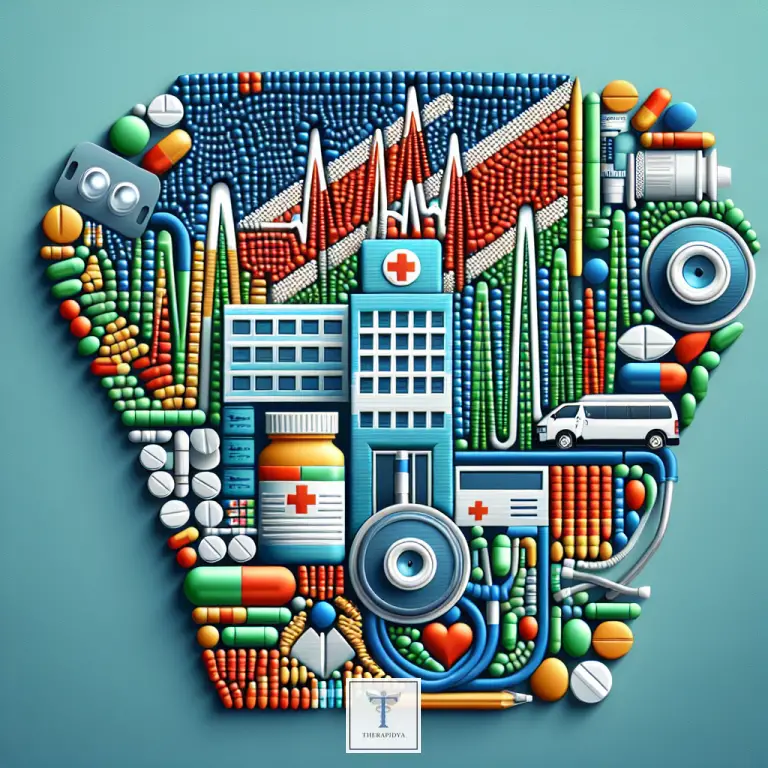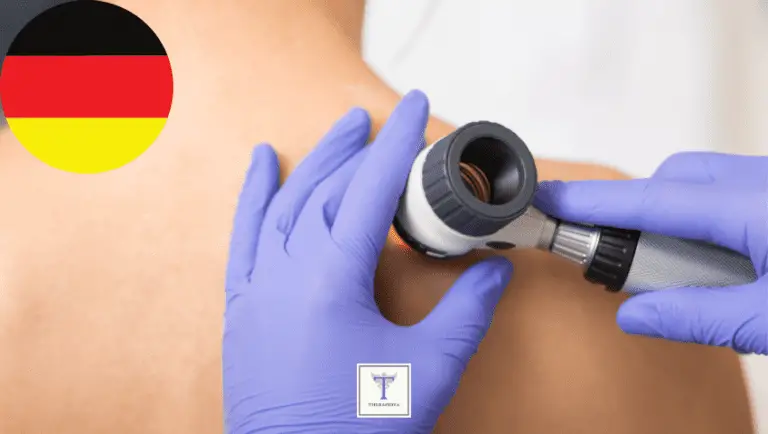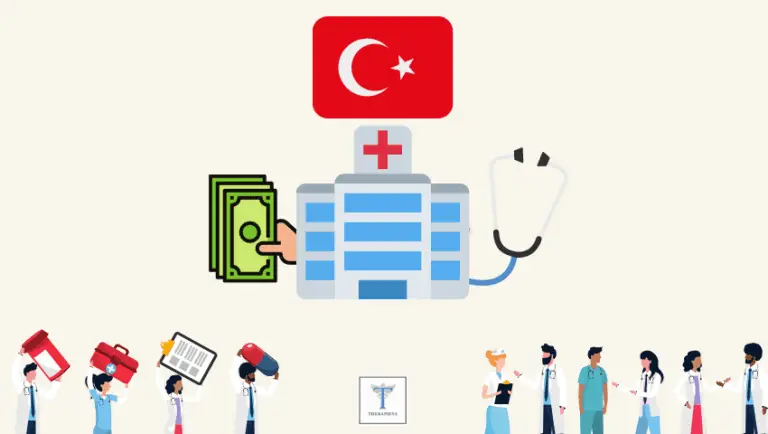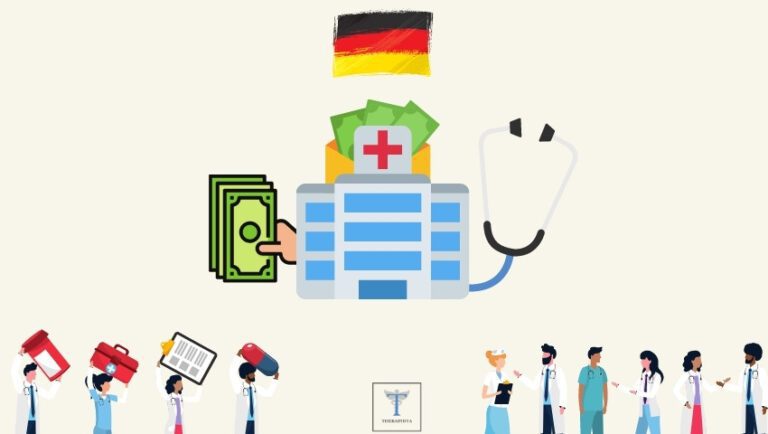Breast Cancer .. A Very Simplified Guide 2023
Breast Cancer is a condition characterized by uncontrolled cell growth in the breast tissues. It is caused by mutations in the DNA of breast cells, which specifically affect the genes that regulate cell growth and division. These mutations can occur spontaneously or be inherited from an affected family member.
Breast Cancer is a complex disease with multiple forms and varying degrees of severity. It is important to detect and treat it early, as early intervention can significantly improve the chances of survival. This article aims to provide a simple, yet comprehensive overview of the causes, symptoms, diagnosis, and treatment options for Breast Cancer.

About Breast Cancer
Breast cancer is the uncontrolled growth of abnormal and invasive cells in the breast, which can start in the milk ducts or lobules. It is more commonly found in women over the age of 50, and some risk factors include a family history of breast cancer, radiation exposure, certain medical conditions, and lifestyle choices such as drinking alcohol, having a sedentary lifestyle or being overweight.
Symptoms of breast cancer include a lump or thickening in the breast or under the arm, a bloody or clear discharge from the nipple, and redness or swelling of the breast. Diagnosis of breast cancer usually involves a biopsy, which can be fine-needle aspiration, large core needle biopsy, stereotactic needle biopsy, or surgical biopsy, depending on the location and size of the lump.
The biopsy sample will be examined to determine the type of breast cancer, its grade, whether the cancer cells are hormone-receptor positive, and whether the cancer cells produce too much HER2 protein.
Treatment for breast cancer depends on the stage and type of breast cancer, and the patient’s health and preferences. Treatment options include surgery, radiation therapy, chemotherapy, hormone therapy, targeted therapy, and immunotherapy. Some noninvasive or precancerous conditions can also be detected early and cured, including ductal carcinoma in situ (DCIS) and lobular carcinoma in situ (LCIS).
To help prevent breast cancer, individuals can maintain a healthy weight, exercise regularly, limit alcohol consumption, and avoid exposure to radiation. Women should also undergo regular mammograms starting at age 40 and perform self-exams regularly.
Causes of Breast Cancer
Breast cancer is a medical condition that affects both men and women, although it is more common in women. It is the uncontrolled growth of abnormal cells that can develop in different parts of the breast. There are different types of breast cancer, including invasive and noninvasive forms. Some forms are more aggressive than others and difficult to treat.
While breast cancer is a serious and potentially life-threatening condition, early detection and treatment can significantly improve your chances of survival. In this blog post, we will explore the causes of breast cancer, including genetic, environmental, and lifestyle factors that may contribute to its development.
Causes of Breast Cancer:
- Age: Breast cancer risk increases with age, with more than three out of four cases occurring in women over age 50.
- Family history: Having close relatives with breast cancer, especially a mother, sister, or grandmother, increases your risk of developing the disease.
- Genetics: Certain gene mutations, such as the BRCA1 and BRCA2 genes, increase your risk of developing breast cancer. Women with these mutations have a higher risk of developing breast and ovarian cancers.
- Environmental factors: Exposure to certain substances, such as tobacco smoke, alcohol, pesticides, and other chemicals, may increase the risk of developing breast cancer.
- Lifestyle factors: Certain lifestyle behaviors, such as a sedentary lifestyle, high alcohol intake, and being overweight or obese, can increase your risk of breast cancer. Never having been pregnant and having a first pregnancy after age 30 also increase your risk.
While there are some risk factors that cannot be changed, such as age and genetics, there are steps you can take to reduce your risk of developing breast cancer, including:
- Maintaining a healthy weight and staying physically active
- Limiting alcohol intake
- Quitting smoking
- Eating a healthy diet high in fruits and vegetables
- Breastfeeding, if possible
- Scheduling regular mammograms and breast exams with your doctor
In conclusion, breast cancer is a serious medical condition that affects both men and women. While there are several risk factors for developing breast cancer, early detection and intervention can significantly improve your chances of survival. By understanding the causes of breast cancer and taking preventative measures, such as maintaining a healthy lifestyle and undergoing regular screenings, you can reduce your risk of developing this condition.
How is Breast Cancer Diagnosed?
Breast cancer is the uncontrolled growth of abnormal cells in the breast, which can spread to other parts of the body. Symptoms include a lump or thickening in the breast or under the arm, nipple discharge, nipple inversion, skin changes, and ulcers. Various methods are used to diagnose breast cancer, including:
- Mammography: This is the most common screening test for breast cancer. It uses x-rays to create images of the breast tissue and can detect abnormalities that may be cancerous. However, mammography has limitations, and not all cancers can be detected with this test.
- Ultrasound: This test uses high-frequency sound waves to produce images of the breast tissue, which can help determine whether a lump is solid or fluid-filled. Ultrasound can also be used to guide a biopsy or to check for abnormalities found on a mammogram.
- MRI: This imaging test uses magnetic fields and radio waves to create detailed images of the breast tissue. It is most useful for detecting cancer in women who have a high risk of developing the disease or for further evaluating abnormalities found on a mammogram.
- Biopsy: This involves removing a small sample of tissue from the breast to be analyzed in a laboratory. Various types of biopsies may be performed, including fine-needle aspiration, core needle biopsy, stereotactic needle biopsy, or surgical biopsy. The pathologist will examine the tissue under a microscope to determine whether it contains cancer cells and, if so, the type of breast cancer.
- Hormone receptor and HER2 testing: The biopsy sample should be tested for hormone-receptor positive breast cancer and HER2-positive breast cancer, as this information helps guide treatment decisions.
Accuracy and limitations of these methods vary. For example, mammography and ultrasound have limitations for women with dense breast tissue, while MRIs are expensive and not appropriate for all women. Biopsy can accurately identify cancer but may not always detect a small tumor or identify whether it has spread. Factors such as the woman’s age and medical history also influence which diagnostic test is most appropriate.
Should I Meet a Doctor Regarding Breast Cancer?
If you notice any symptoms of breast cancer, it is important to see your doctor right away. While not all breast changes are cancerous, it is crucial to get an accurate diagnosis in order to receive proper treatment if needed. R
ed flags or warning signs that may indicate the need for urgent medical attention include a lump or thickening in the breast or under the arm, clear or bloody discharge from the nipple, nipple crusting or scaling, a nipple that no longer sticks out (inverted), redness or swelling of the breast, dimpling on the breast skin resembling the texture of an orange, a change in the contours of the breast, and a sore or ulcer on the skin of the breast that does not heal.
If you are experiencing any of these symptoms or are worried about your breast health, it is important to take action and see your doctor. You may also want to perform a self-exam or use a symptom checklist to help determine if your symptoms warrant a visit to the doctor. Breast cancer is highly treatable when caught early, so do not delay in seeking medical attention. Remember, early detection is key to ensuring the best outcome for your health.
Refereces
- Breast cancer | Causes, Symptoms & Treatments | Cancer Council
- Breast cancer – Diagnosis and treatment – Mayo Clinic
- Fact Sheets – NCI (cancer.gov)
